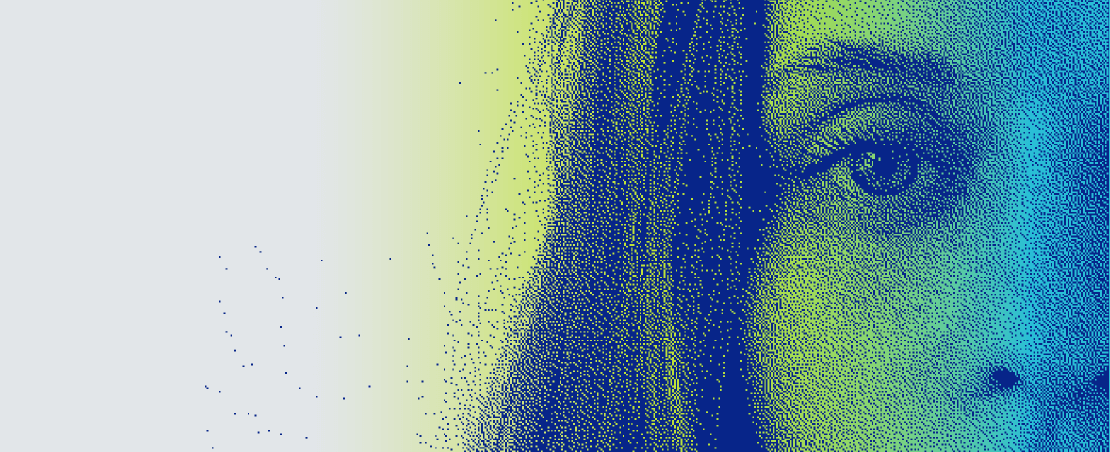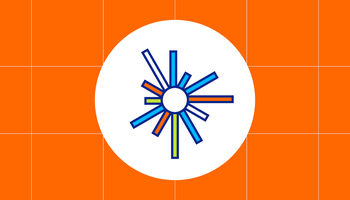
Over the last year, the ODI has researched how organisations can steward data responsibly. We understand responsible data stewardship to be an iterative, systemic process of ensuring that data is collected, used and shared for public benefit, mitigating the ways that data can produce harm, and addressing how it can redress structural inequalities. It goes beyond compliance with local regulation, and beyond good data practices. It involves a holistic view of data stewardship and its impacts on society and the planet.
This set of case studies covers eight organisations and initiatives, the data that they steward, how it is stewarded, and the particular practices that we deem to be responsible. The organisations and initiatives in this research come in lots of different shapes and sizes, and steward different types of data. They showcase different approaches to stewarding data responsibly across a wide spectrum of sectors, spanning health, humanitarian, labour equality, geostorytelling (using location and mapping to support oral storytelling traditions about places of significant meaning or value) and more.
These case studies seek to demonstrate practical examples of responsible data stewardship, such that others can learn from examples of best practice. Each case study was chosen to demonstrate different elements of our research on responsible data stewardship, and to explore how organisations are stewarding data responsibly in different contexts around the world.
The Open Data Institute (ODI) has developed a framework to help organisations and ecosystems work collaboratively to co-design and build data institutions and other ways of opening or sharing data in a responsible way. If you’d like to learn more about our work, or if you need support in sharing data responsibly, please get in touch at [email protected].


